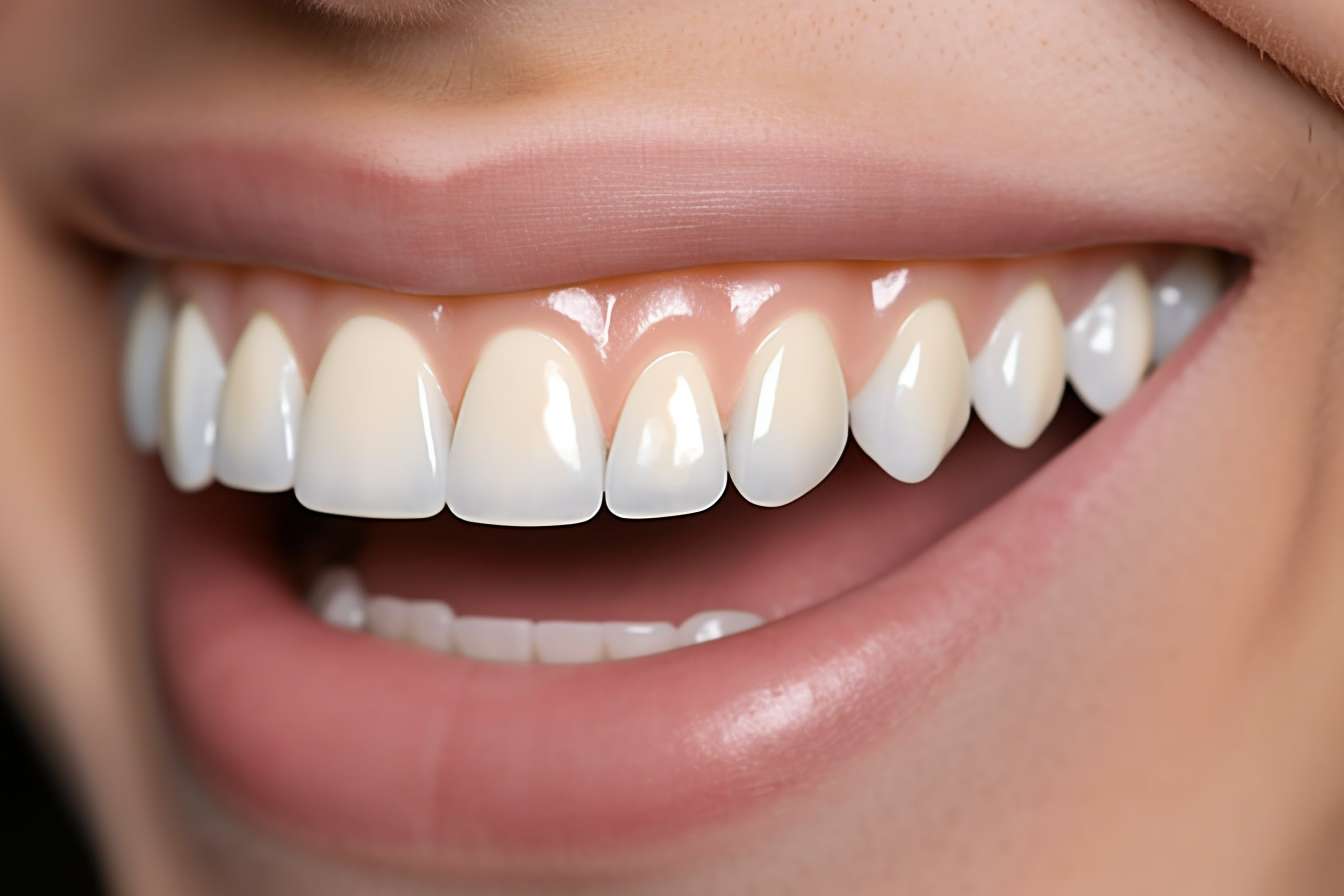Erectile Dysfunction Treatment: Exploring Clinical Trials and Innovative Solutions
Navigating treatment options for erectile dysfunction can be a challenging journey, and for many, traditional medications don’t provide the desired results. Beyond standard treatments, a world of innovative solutions is being explored through clinical research. This article delves into the various medical and lifestyle approaches available for managing erectile dysfunction while also highlighting the unique opportunity to participate in clinical trials in the US. Discover how these trials are advancing medical science and potentially offering access to new, effective treatments.

Understanding Current ED Treatment Options
Erectile dysfunction treatment typically begins with lifestyle modifications and first-line medications. Standard treatments include PDE5 inhibitors, vacuum erection devices, and injectable medications. Healthcare providers usually start with the least invasive options before progressing to more advanced treatments. Lifestyle changes like exercise, smoking cessation, and stress management often complement medical interventions.
The Science Behind Clinical Trials for ED
Clinical trials follow strict scientific protocols to evaluate new treatments’ safety and effectiveness. These studies progress through multiple phases, each designed to answer specific questions about the treatment being tested. Researchers carefully monitor participants’ responses and any potential side effects throughout the trial period. This systematic approach helps ensure that new treatments meet rigorous safety and efficacy standards before becoming widely available.
Benefits of Participating in ED Clinical Research
Clinical trial participation offers several potential advantages for individuals with ED. Participants receive careful medical monitoring and may gain access to innovative treatments before they become publicly available. Additionally, trial participants contribute to the advancement of medical knowledge that could help others with similar conditions. However, it’s important to note that participation involves both potential benefits and risks that should be carefully considered.
Qualifying for Erectile Dysfunction Clinical Trials
Eligibility for ED clinical trials varies based on specific study requirements. Common criteria include:
-
Age range (typically 18-75)
-
Specific ED diagnosis criteria
-
Overall health status
-
Current medications
-
Previous treatments tried
-
Ability to attend regular study visits
Emerging ED Treatments Under Investigation
Current research explores various innovative approaches to ED treatment, including:
-
Gene therapy applications
-
Stem cell treatments
-
Novel drug delivery systems
-
Regenerative medicine techniques
-
Combination therapy approaches
These developing treatments undergo extensive testing through clinical trials before potential FDA approval.
Treatment Costs and Clinical Trial Participation
| Treatment Type | Average Cost Range | Insurance Coverage |
|---|---|---|
| Traditional ED Medications | $10-70 per dose | Often partial |
| Injectable Treatments | $150-300 per dose | Variable |
| Clinical Trial Participation | No direct cost* | N/A |
*Clinical trial participation typically involves no direct treatment costs. Some studies may offer compensation for time and travel expenses, though this varies by trial.
Prices, rates, or cost estimates mentioned in this article are based on the latest available information but may change over time. Independent research is advised before making financial decisions.
Understanding the range of treatment options, from established therapies to experimental approaches through clinical trials, allows individuals to make informed decisions about their ED management. While clinical research offers promising possibilities, any treatment decision should be made in consultation with qualified healthcare providers who can evaluate individual circumstances and medical history.
This article is for informational purposes only and should not be considered medical advice. Please consult a qualified healthcare professional for personalized guidance and treatment.





